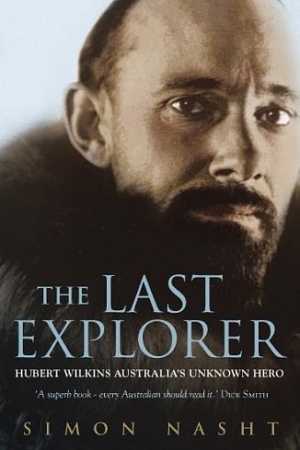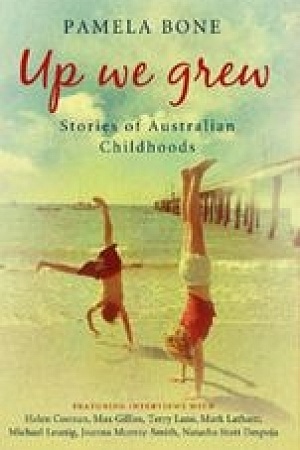Suharto’s Indonesia
Fontana/Collins, $5.95. 277 pp
President on an empty stage
Hamish McDonald has provided us with the first biography of President Suharto since O.G. Roeder’s authorized work which appeared in 1969. It is not only much more critical, but more comprehensive, and, as much of this second book deals with the events of the last few years, it can be said to be about a different Indonesia and a different President Suharto.
The author has written eleven tightly knit chapters. His first one - Java – is very important in that it attempts to provide some introductory understanding of that mysticism – the sophisticated form of the ‘Javanese religion’ expounded in some depth by Clifford Geertz - which is perhaps the key to so much that baffles the outside observer of Indonesian life, and to Suharto himself. This first chapter also gives us a short account of the President’s early life. We meet someone whose boyhood is undistinguished - a smalltown Javanese childhood and somewhat interrupted schooling, with a family background of financial and personal insecurity. We learn that Suharto’s first job as clerk in a village bank only lasted a short time, as a bike mishap tore the rider’s only suit of clothes; that he was unemployed at the time of the Japanese occupation and volunteered for security organization work under the Japanese, thus acquiring military training under PETA (Volunteer Army of Defenders of the Homeland). We learn that like so many other young men he rose through the ranks and was Head of a regiment by 1949, that he distinguished himself by holding Jogja City for half a day on I March 1949, thus embarrassing the Dutch, for whom it was important to be able to claim effective control of the city at that time. By the end of the Revolution we see a man still young, but with a closed approach to politics, unlike the eloquent Soekamo, for whom politics throughout all his life meant debate and display – subtle yes- but always open to onlookers. We see a commander with a reputation for caution as well as courage, seeing guidance from the traditional mystical Javanese wisdom, a man who had never had much contact with the West.
Continue reading for only $10 per month. Subscribe and gain full access to Australian Book Review. Already a subscriber? Sign in. If you need assistance, feel free to contact us.










Leave a comment
If you are an ABR subscriber, you will need to sign in to post a comment.
If you have forgotten your sign in details, or if you receive an error message when trying to submit your comment, please email your comment (and the name of the article to which it relates) to ABR Comments. We will review your comment and, subject to approval, we will post it under your name.
Please note that all comments must be approved by ABR and comply with our Terms & Conditions.